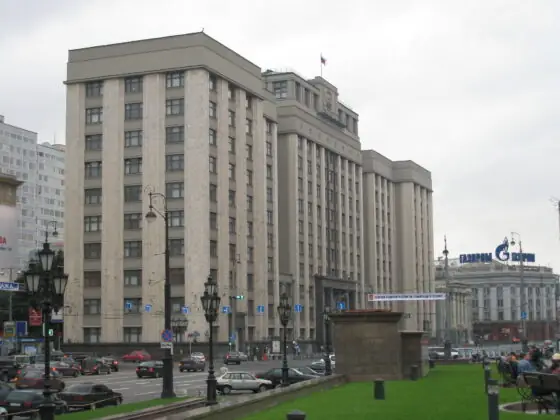In the fall of 2004, Russia’s national executive launched a major reform that affects the development of center-region relations in the country. The pivotal component of the reform is a move to replace direct elections of the regional executives with a new system under which the executives will be ‘endowed with powers’ (nadeliat’sia polnomochiiami) by regional legislatures, with the prerogative to nominate candidates for such endowment being held solely by the president of Russia. The technicalities of the proposed reform are not to be discussed here if only because it may so happen that the bill will be amended while moving through the chambers of the Federal Assembly. The essence of the reform is, however, clear and quite unlikely to change: regional executives will be appointed. Regional legislatures will provide some additional legitimacy for the appointees without ever really being involved in the selection process, which is guaranteed by a provision that they can be dissolved if they choose not to approve the nominee twice in a row. This system, if implemented, will strongly push the Russian statehood in the direction of centralism. The officially vocalized reason for the reform was to increase state capacity against the terrorist threat. Without discussing the validity of this claim, this paper seeks to explicate additional incentives for the reform by analyzing developments in the regional political arenas from December 2003 through October 2004. The evidence for the analysis will be derived largely from the regional elections held throughout the period. […]
Memo #:
337
Series:
1
PDF:
PDF URL:
http://www.gwu.edu/~ieresgwu/assets/docs/ponars/pm_0337.pdf
Author [Non-member]:
Grigorii V. Golosov








